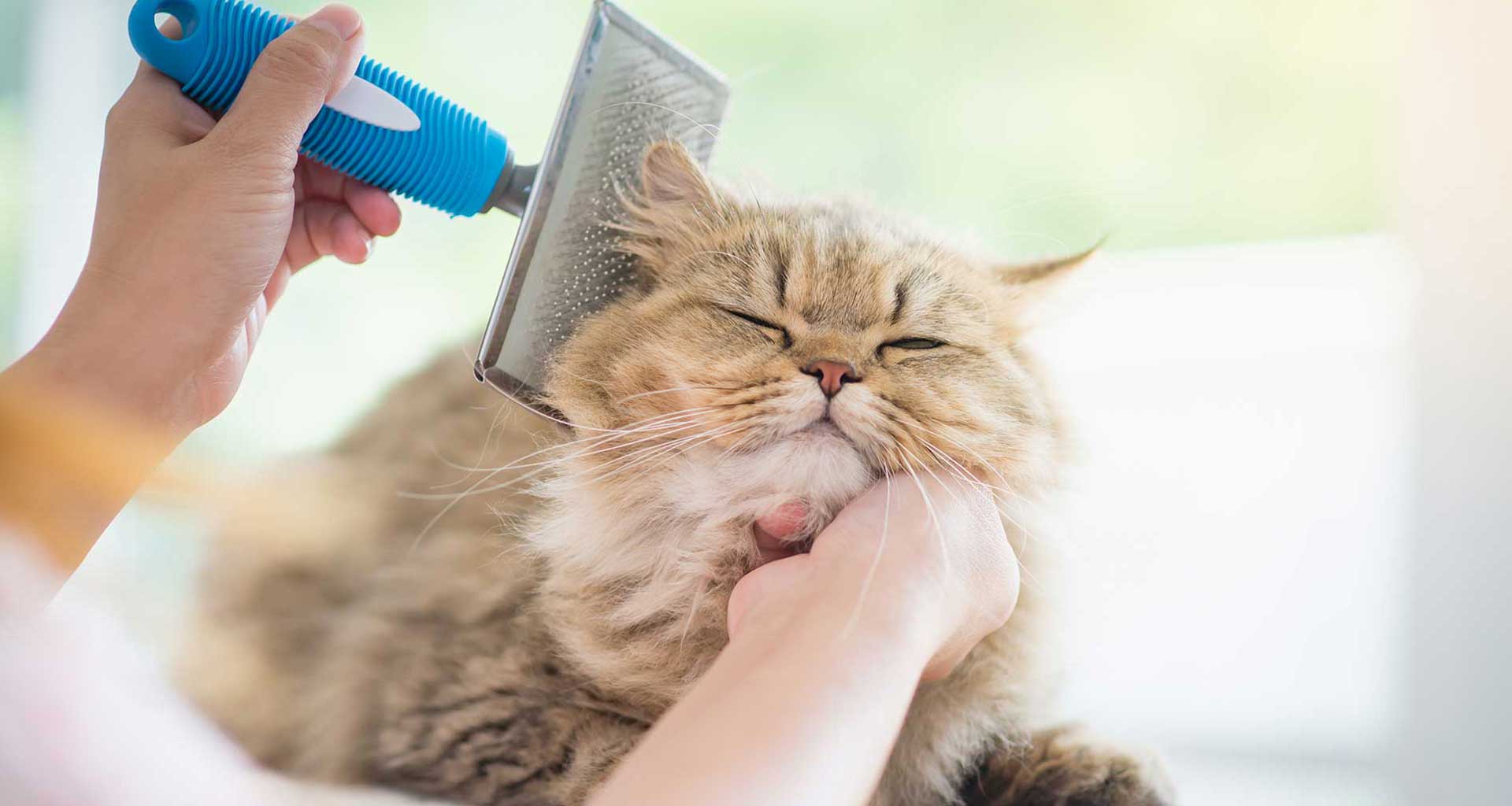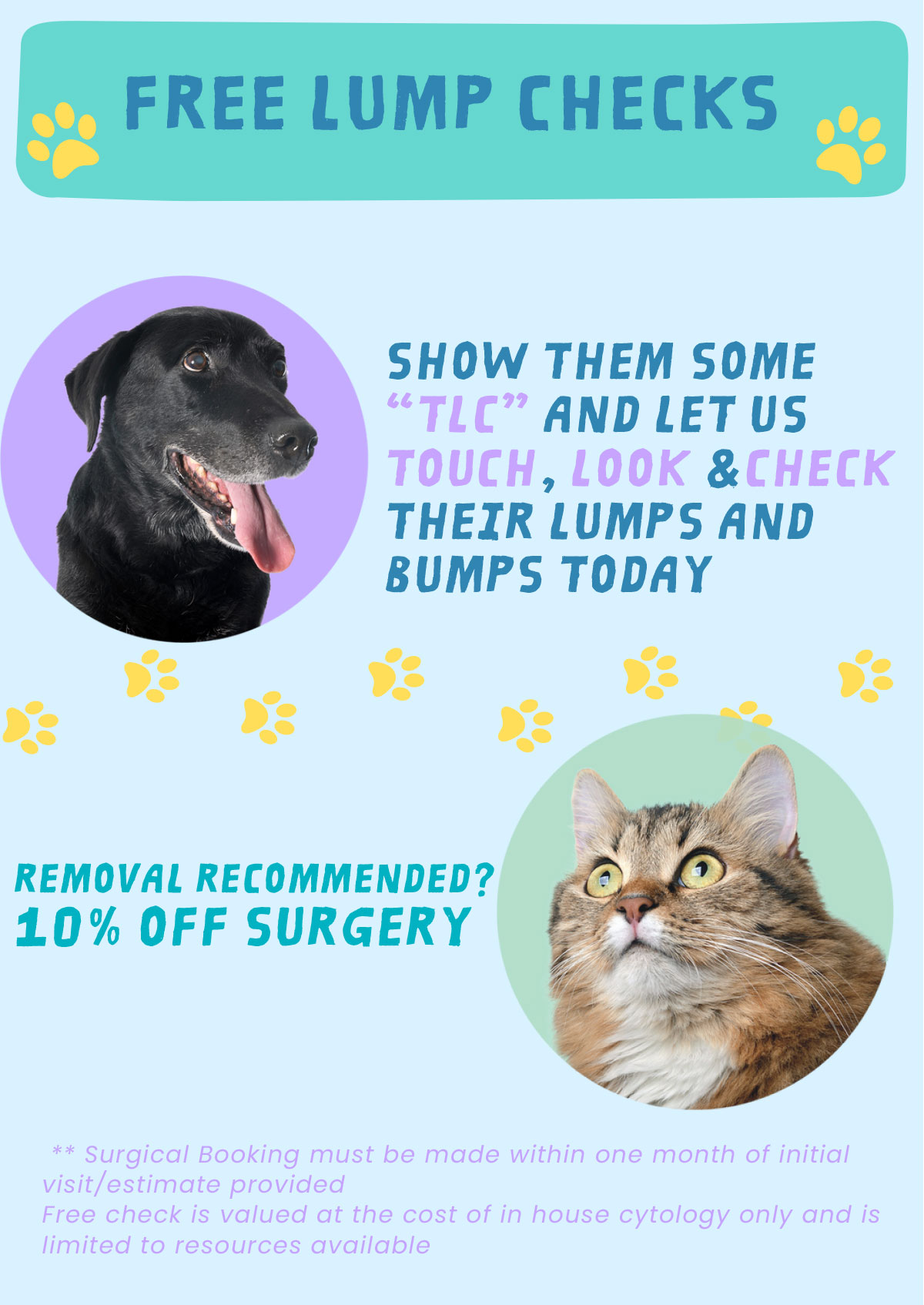The classic battle with the hairball explains how meticulous and clean cats are. It can seem like cats spend all their time sleeping and grooming. Our furry friends clean themselves by licking a specific area with their tongue or licking their paw and wiping it over a certain area. Their tongue is quite rough in texture, as this helps to remove loose hair or dirt. Did you know that cats can spend up to 50% of their day grooming themselves? If you have noticed that your cat has been cleaning themselves more than usual, then it could be an underlying medical issue.
Some of the main reasons why a cat will groom itself
Scent
It is natural for a cat to want to remove any smell of their last meal, blood or meat. Their instincts kick in as they do not want to attract any predators. Regardless if your cat lives indoors or outdoors, these cleaning instincts remain a vital part of their routine.
Calming
A cat who is stressed can tend to groom as a coping mechanism. Through this act, it can remind them of when they were kittens with their mother. In extreme situations, cats can become extremely obsessive about grooming themselves and cause hair loss. In this situation, you must see your Vet immediately.
Temperature
Grooming can cool down a hot cat and warm up a cold cat. When a cat is feeling cold, the grooming process warms them up through stimulating blood circulation. Whereas when a cat is hot, it creates a cooling sensation when the saliva evaporates.
Loose Hairs
As a cat sheds its coat, some of the hairs tend to get stuck. This can make them feel quite uncomfortable. Therefore, through grooming with their rough tongue, it can help to pull out the stubborn hairs.
Sore Spot
Cats tend to groom areas that are sore as their saliva has a slight antibiotic property. Especially if your cat has fleas, grooming can itch the irritated area. Similarly, if you notice your cat is licking its anal area, this could be a sign that they have worms or some problems with their anal glands.
Overgrooming can be through licking, biting or chewing excessively or loss or hair and irritation to the skin. You will usually be able to see redness, rashes, pus or scabs on their abdomen, legs, flank, chest and any bold areas. There are many reasons why your cat could be overgrooming. This could develop from stress, a new environment, lack of stimulation or early weaning. Of course, the best option here is to see your Vet. The physical effects of overgrooming can be managed with skin cream or even oral/injected anti-inflammatories. Your Vet will also conduct a range of tests to determine whether there is an underlying health issue or, in some cases, psychogenic alopecia.
Many cat parents question whether they should groom their furry family members. If your cat enjoys being brushed, then this is a wonderful opportunity to strengthen your relationship. While grooming your cat, this could also be a great time to check for any skin conditions. Noticing any resistance to being groomed must be noted and accepted – for your own safety!


